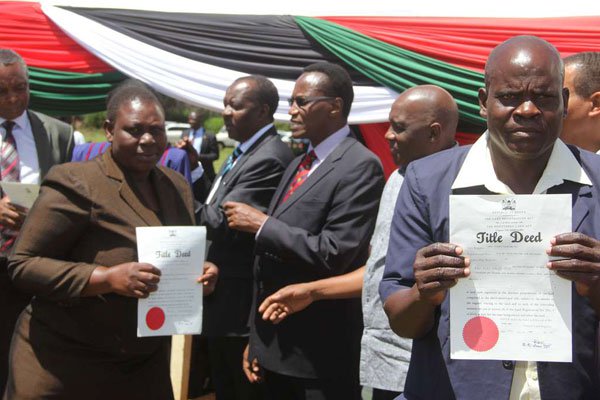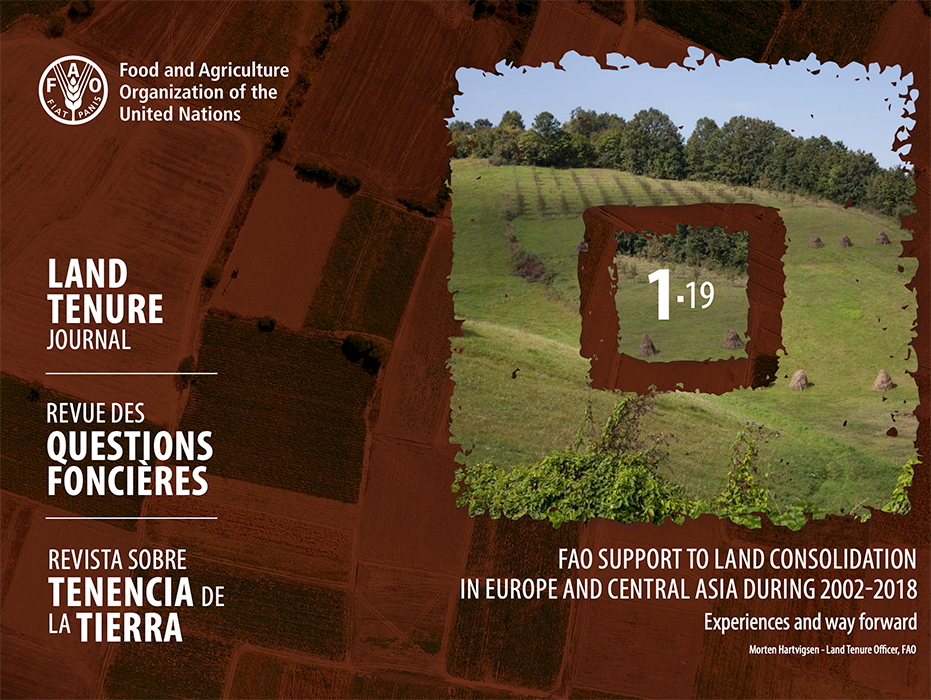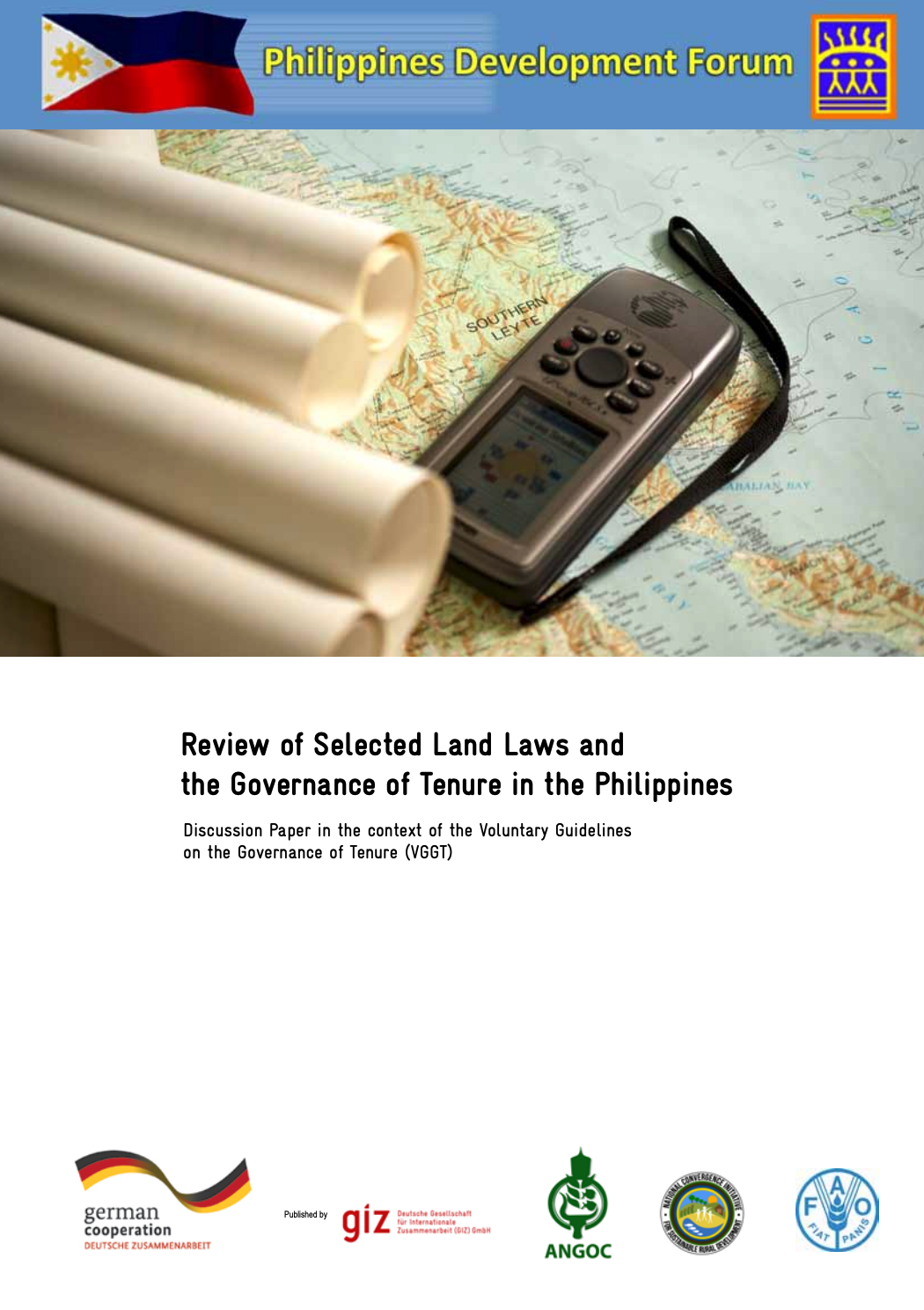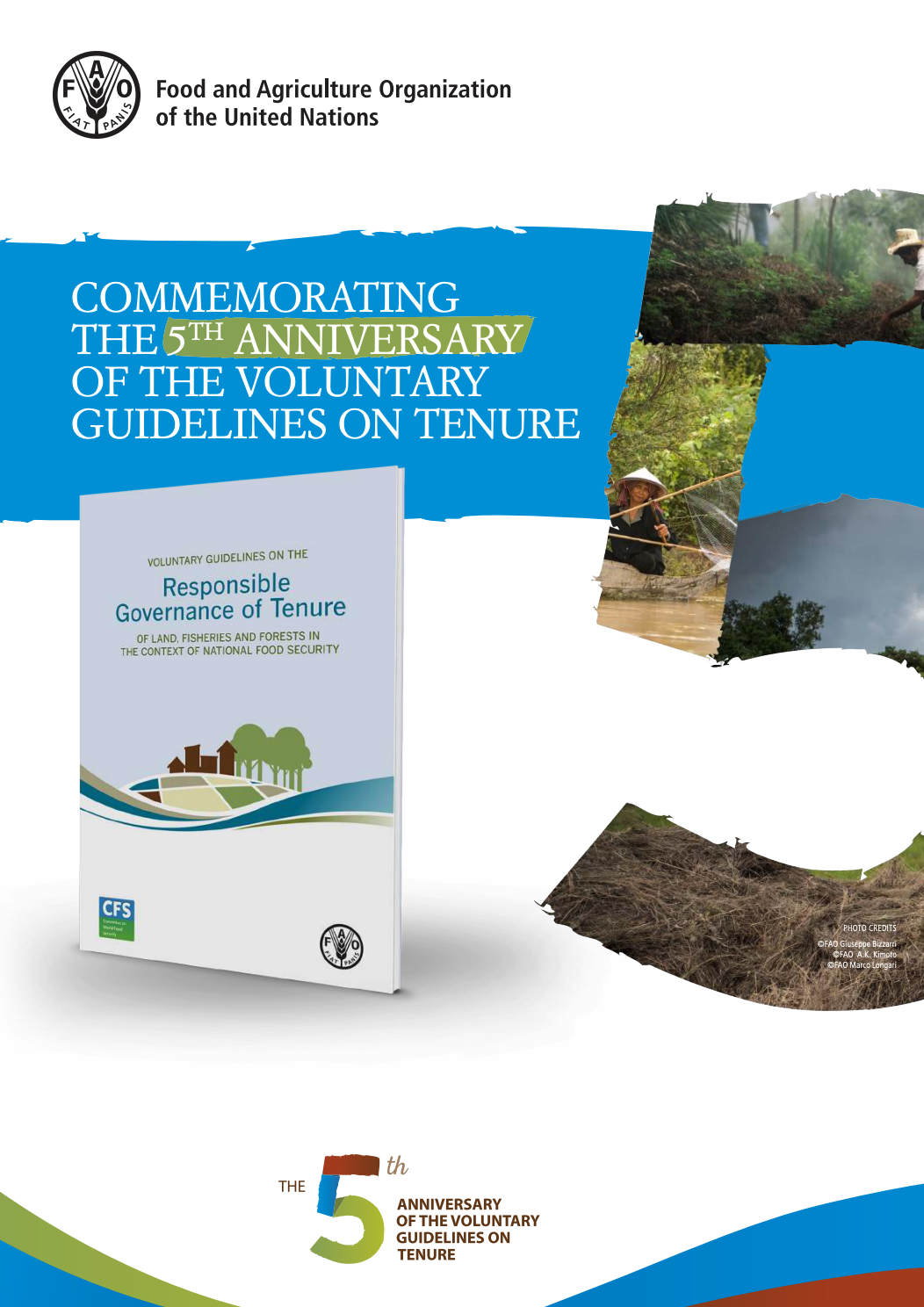Redistributive land reform in Southern Africa
Redistributive land reform in southern Africa is reviewed against the background of the recent land crisis in the region. The dilemmas created for governments and donors are described, as are attempts to grapple with them. Answers are sought to four questions: What has been the experience with land redistribution in the region over the last decade or so? What has been the impact on people's livelihoods? How are redistribution programmes expected to develop in future?








